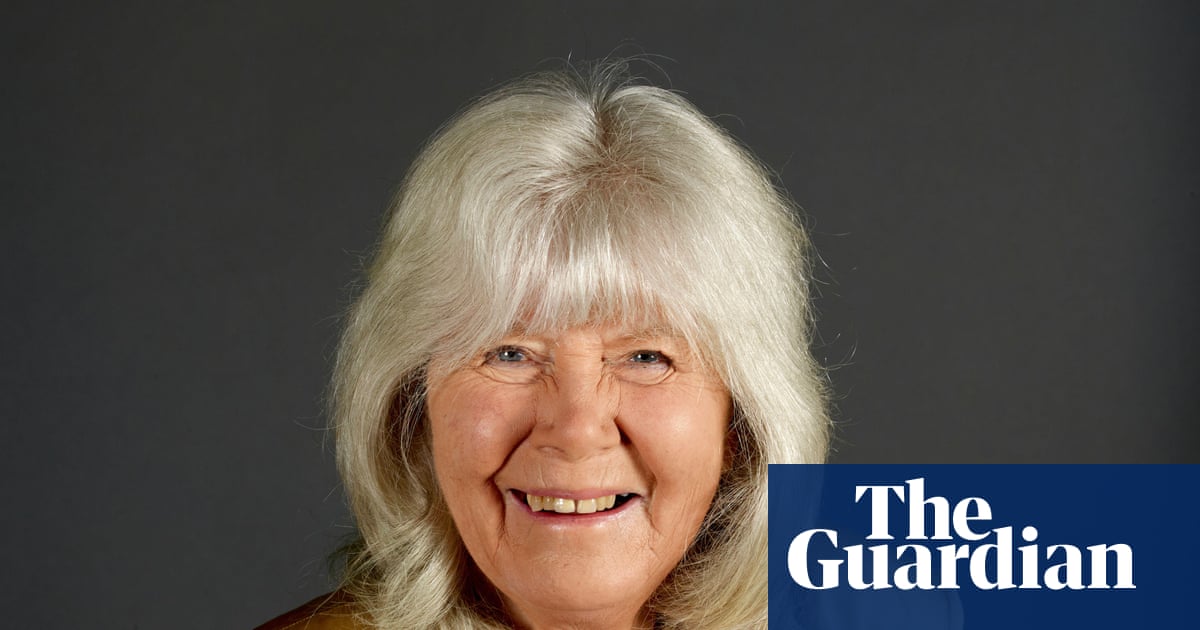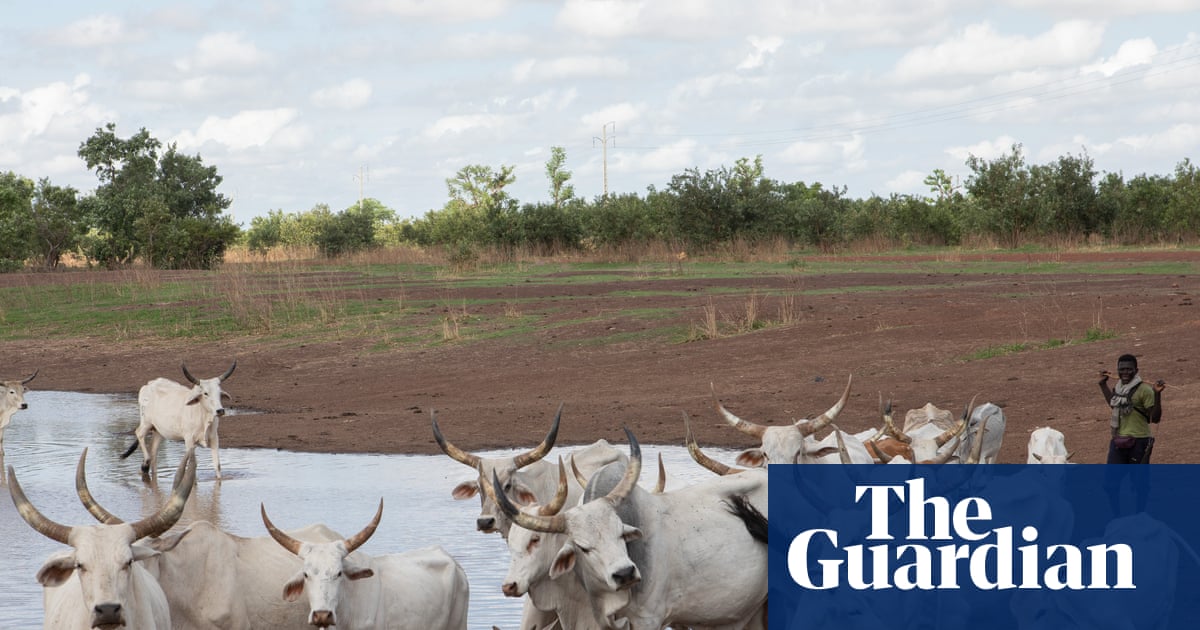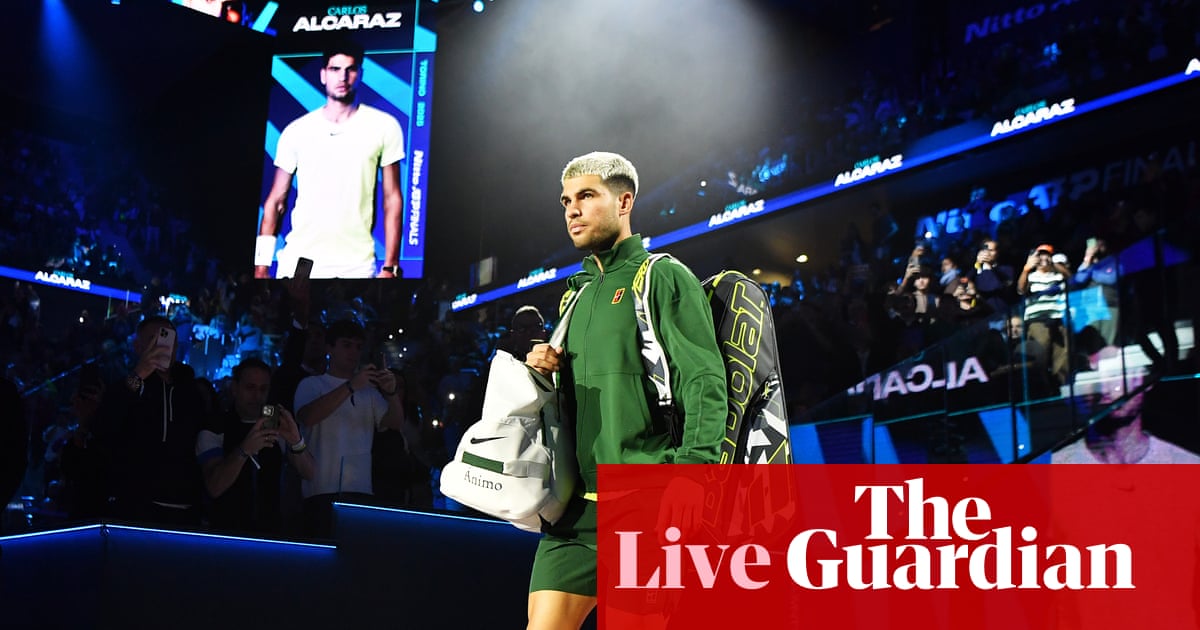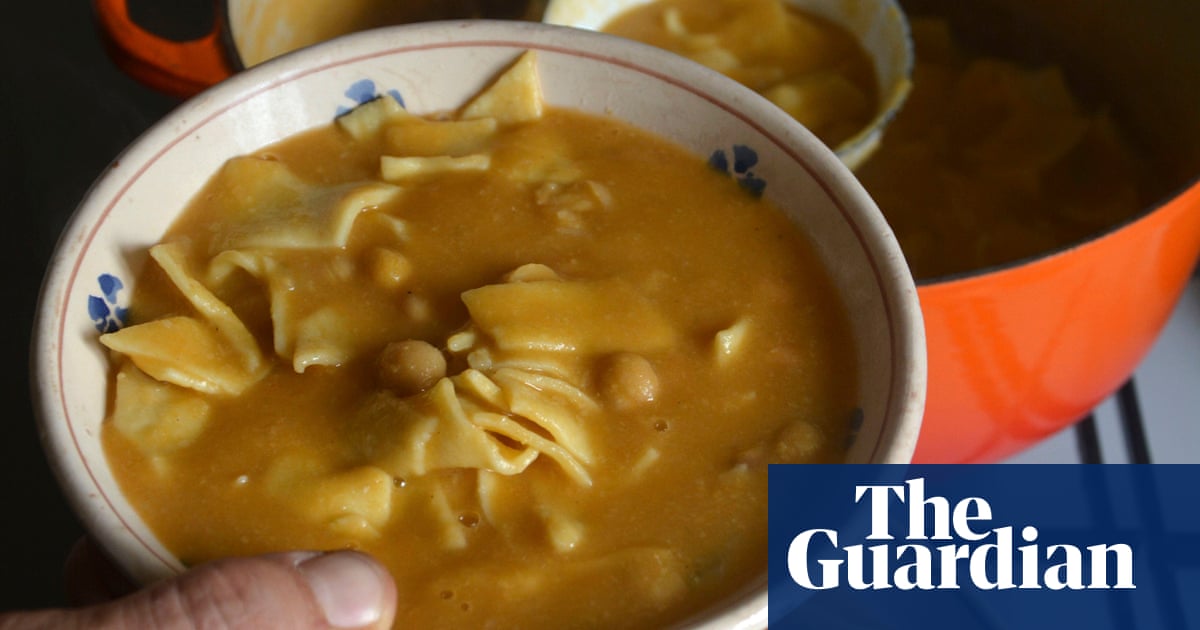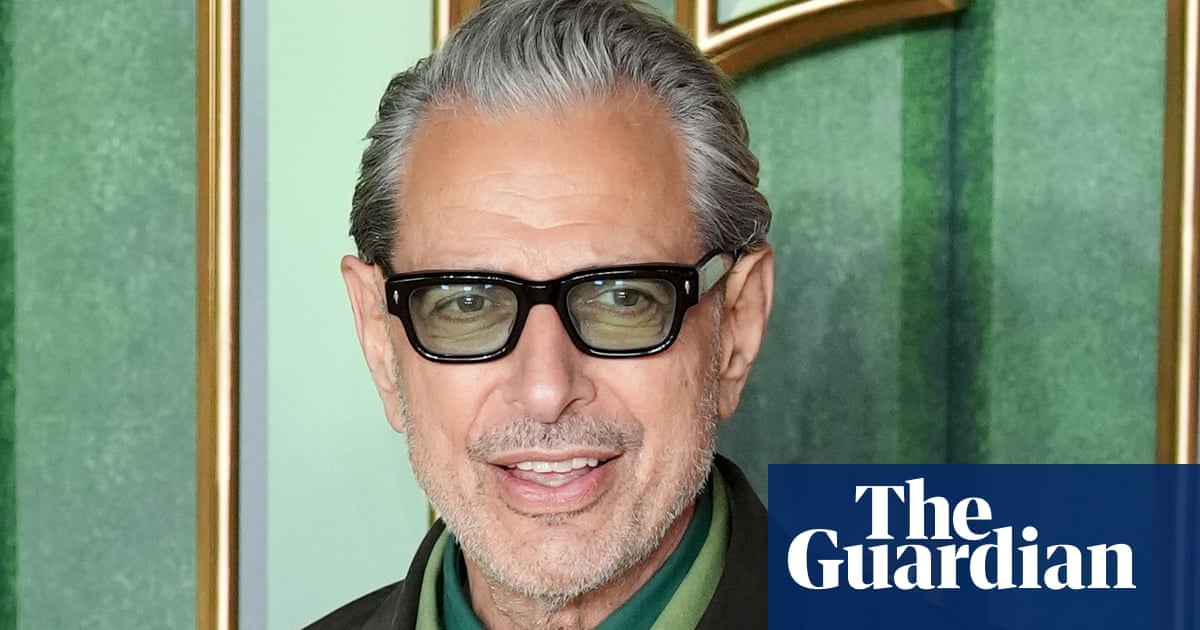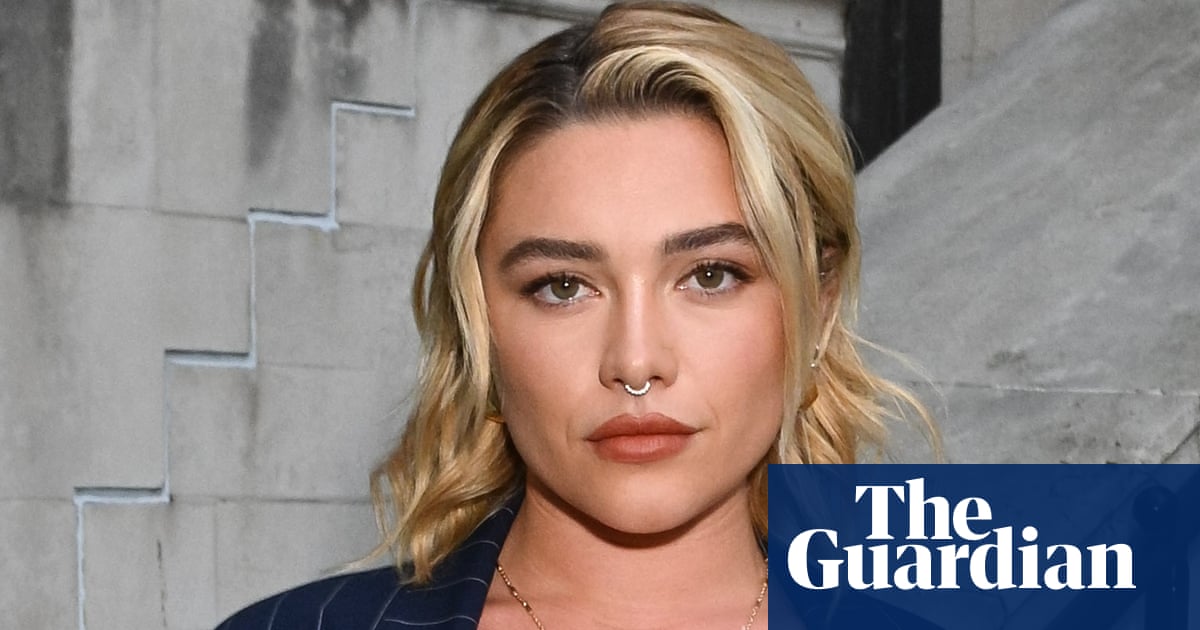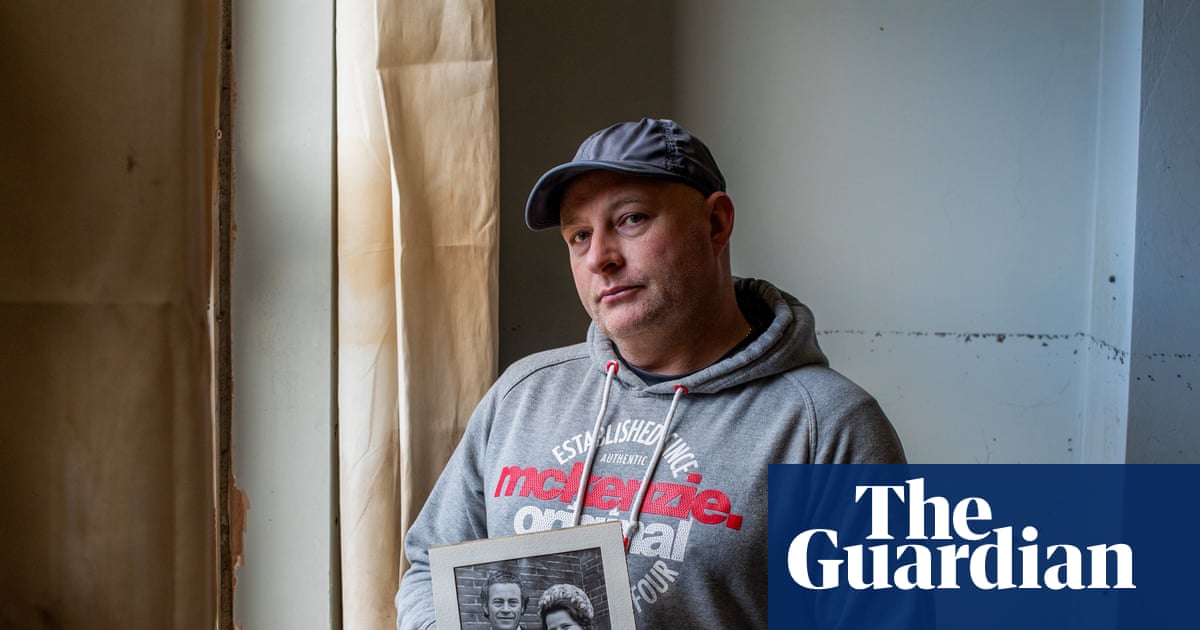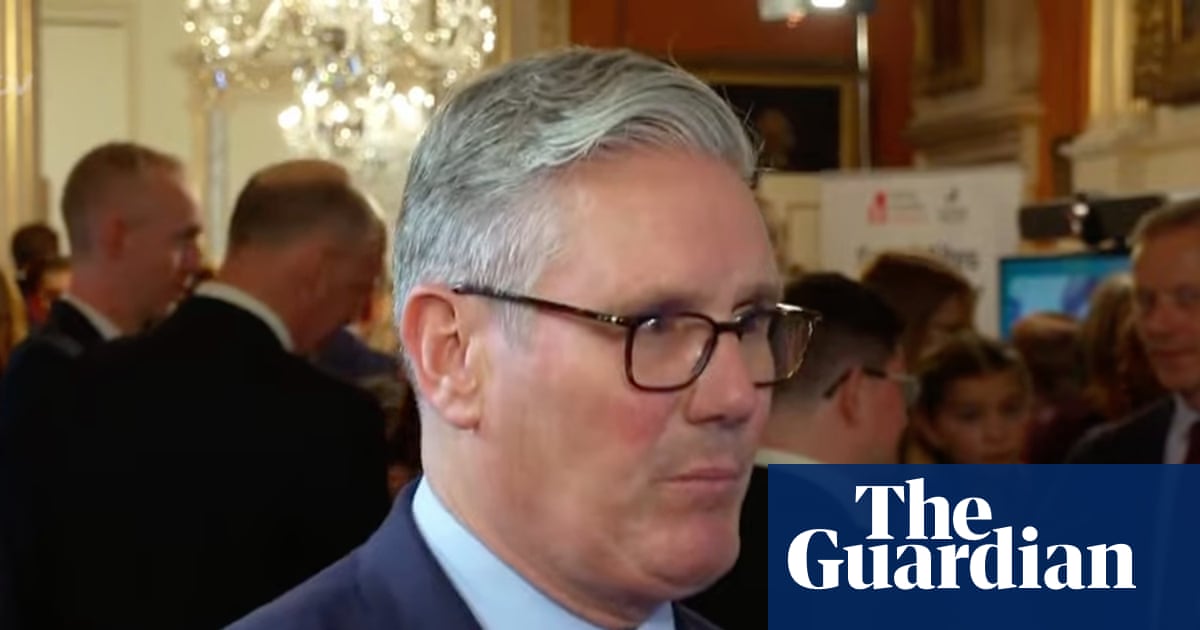A trainer who is working with Canelo Álvarez advertised performance-enhancing drugs for sale, including human growth hormone, before he joined the super-middleweight boxer’s team, the Guardian can reveal.
Rulas Arreola, also known as Raul Arreola Dosal, has travelled to Las Vegas with Canelo to prepare for a “super fight” with the undefeated American Terence Crawford on Saturday. It is a contest marketed as a “once-in-a-lifetime event that marks the beginning of a bold new era in boxing”.
Arreola says he has never recommended, provided or sold any banned substance to any athlete or anybody who was subject to any anti-doping rules.
But the persistent involvement of performance-enhancing drugs in boxing is threatening to cast a shadow over the fight that is to be streamed live by Netflix.
Travis Tygart, the chief executive of the US Anti-Doping Agency (Usada), said the advertising of the substances by Arreola via social media are “significant flags that ought to be looked into”.
Arreola is a physical trainer who has worked with Álvarez in two stints, first from August 2017 to December 2018, and for a second time since the spring of 2023. He carried one of Álvarez’s title belts to the ring in his most recent world championship fight, against the Cuban William Scull in May.
A former bodybuilder, Arreola runs the Radical Nutrition gym in Guadalajara, Mexico, and offers clients personalised training plans.
In 2016 and up to February 2017, before he began working with Álvarez, he advertised performance-enhancing drugs, prohibited for use by athletes, on his personal and business Facebook accounts. He marketed some of the drugs for improving “athletic performance”.
Arreola refers to his business page, Radical Nutrition, as “my official page” and is pictured in the profile photo. The phone number he provided in several of the posts is still listed on his Facebook page.
All of the posts were live on his accounts until this month. They disappeared after Arreola was contacted for comment.
Some drugs that were advertised by Arreola are prohibited for use by the World Anti-Doping Agency (Wada) and the major boxing commissions, which follow Wada’s “prohibited list”. At the time of the posts, it is understood the trainer was not a boxing licence holder and was therefore not subject to anti-doping rules in the sport. However, Arreola claimed to be working with other professional athletes who competed in sports regulated by Wada. There is no suggestion he supplied banned performance-enhancing drugs to those professional athletes.
In August 2016, he advertised growth hormone releasing peptides, such as ipamorelin, on both his accounts.
In November 2016, Arreola advertised the peptide “Human Growth Hormone Fragment 176-191”, calling his followers to “order now”.
In 2017, Radical Nutrition advertised synthetic human growth hormone (HGH), sold under the brand name Xerendip. The drug is used by athletes to increase lean body mass and improve recovery during training. When a follower asked for the price of the Xerendip, he was directed to the same phone number.
Xerendip is the Mexican brand of HGH that was sent by post to the elite Nigerian sprinter Blessing Okagbare shortly before the Tokyo 2020 Olympics. Okagbare was supplied the drugs by the Texas-based naturopath Eric Lira, who was sentenced to jail for running a criminal doping conspiracy.
Arreola said in a statement to the Guardian: “I began to work with Mr Álvarez in the summer of 2017. Prior to the time, my company, Radical Nutrition, operated a store in Mexico that sold a variety of legal supplements to non-athlete members of the public who wished to take them in furtherance of their own fitness goals.
“I did not recommend any particular supplement to anyone, and, if asked, told potential customers that everyone had different needs and requirements and that they should talk to a doctor and do their own research before taking anything.
“I closed this element of my business when I began to work with Mr Álvarez to avoid the type of rumour that you apparently now seek to initiate.
“At no point, either before or since beginning my relationship with Mr Álvarez, have I recommended, provided or sold any banned substance to any athlete or anybody who was subject to any anti-doping rules, testing or protocols.”
Tygart said Arreola’s posts raise “significant flags that ought to be looked into” by the relevant anti-doping authorities. Between 2010 and 2018, Usada conducted doping controls in boxing.
Tygart said: “Certainly, in the Olympic world that would be something that would be investigated. If an Olympic coach who was coaching Olympians under our jurisdiction, on our Olympic side that we were involved with, was selling or distributing performance-enhancing drugs, that would certainly spark us looking into it and wanting to meet and talk with that coach and seeing if there were potential rule violations.”
In the buildup to the bout, Álvarez’s head coach, Eddy Reynoso, has been forced to defend himself over comments from Álvarez’s former promoter Oscar De La Hoya and the Mexican boxing legend Juan Manuel Márquez concerning four fighters in the camp failing drug tests.
Reynoso maintains he has never engaged in doping and is not in charge of his fighters’ nutrition. But he has said he plans to tighten control over his camp, building his own “nutrition team” that will communicate regularly with anti-doping officials, to avoid more inadvertent doping cases arising.
Reynoso has also said: “I support drug testing and clean boxing, and I hope that everyone I work with shares the same values.”
In February 2018, Álvarez twice tested positive for the anabolic agent clenbuterol before his second fight with Gennady Golovkin.
The Nevada State Athletic Commission suspended Álvarez for six months, but accepted that the source of his two failed drug tests was contaminated meat he had eaten in Mexico.
The World Boxing Council, one of the major governing bodies in the sport, run by the Mexican Mauricio Sulaimán, publicly supported Álvarez. “I give the benefit of the doubt to Canelo. He has never previously tested positive for anything and he’s been in the Clean Boxing Program for many years. He has our absolute vote of confidence.”
Álvarez has said: “I have always been a clean fighter and I always will be a clean fighter.”
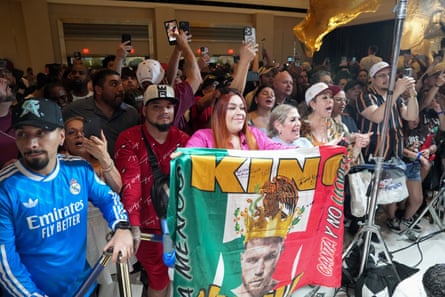
During Arreola’s time away from “Team Canelo”, between 2019 and 2023, two members of the camp, both coached by Reynoso, failed drug tests.
In 2019, the former flyweight world champion Julio Cesar Martínez failed a doping test for clenbuterol, like Álvarez, but avoided suspension after authorities accepted that he had also consumed contaminated meat in Mexico. Last year, Martínez was banned for nine months after failing another drug test.
In 2021, the two-time world champion Óscar Valdez tested positive for the stimulant phentermine, but he avoided a suspension after it was accepted that he had consumed herbal tea containing the drug.
Last May, shortly after joining “Team Canelo”, the former world champion Jaime Munguía tested positive for testosterone. He was cleared last week by the relevant commissions, which said the result was caused by contaminated dietary supplements. Arreola says he has never worked with Munguía.
Crawford’s nutritional adviser, Victor Conte, who was jailed for his part in the Balco doping scandal that brought down the multiple Olympic champion Marion Jones and has since become an anti-doping advocate, has appealed for Álvarez to publish his drug test results in the buildup to the fight, while proclaiming his client is clean.
Álvarez and Reynoso did not reply to requests for comment about Arreola’s Radical Nutrition business.

 1 month ago
51
1 month ago
51


